Wis. 11:22-12:2; Ps. 145: 1-2, 8-11, 13-14; 2 Thes. 1:11-2:2; Lk. 19:1-10
Jesus our Great Soulmate! Who understands you so well that sometimes even as you speak, they seem to know your thoughts, understand your feelings, and care for you so much as to challenge you? We say “we connect” and there is a joy and peace at just being together. This is a soul mate and our Great Soulmate is Jesus Christ. He knows us and loves us so much he does not leave us alone but is working in us to be the best we were created to be, saints for heaven.
John 3: 16 is a favorite passage from the bible for most Christian believers. “God so loved the world that he gave his only Son, so that everyone who believes in him might have eternal life”. You see it on everything from coffee cups to bill boards. It speaks to the heart of God and his love for us universally and individually. This love of God is directed to the cross, a living sacrifice for me and you. Our thoughts look at the world, the history of mankind, the generations of people who have lived and gone and then we look at ourselves in the midst of so many people and question “Does God know me, hello anybody up there paying attention?” If the universe is but a “grain from a balance or a drop of morning dew” then who is God that the Lord eternal knows me and loves me? This God is “the lover of souls” and we are souls created in his image that carries his “imperishable spirit”, God’s soul mate. I in him and he in me so I may believe and have eternal life.
St. Paul in Thessalonians forewarns us “do not be alarmed either by a ‘spirit’, or an oral statement, or by a letter from us to the effect that the day of the Lord is at hand.” What is the day of the Lord? It is the day in which we enter into eternal love in spirit and in truth. That is the day we die to ourselves and live in Christ. We do not have to wait for our mortal death, this day is today. Being made in his image the Lord is and has been working in us “little by little” warning us and reminding us of our sins. In his mercy he overlooks sins of the repentant soul and we exist because he wills it until the day when either we choose life in Christ or death apart from him.
Life in Christ means we respond to our “calling and powerfully bring to fulfillment every good purpose and every effort of faith that the name of our Lord Jesus may be glorified in you and you in him.” This is how we will know we are Christian, by his love glorified in us. The good purpose he has called us into this life is being fulfilled and you know that you know it to be true because the soul finds its love, peace, joy and rest in living the good calling. Our response to his love is entering into the eternal now, the day is at hand now, and “Today salvation has come to this house.” Who is the descendent of Abraham? It is the believer who repents and atones for his sins.
In today’s gospel, Zacchaeus didn’t just repent he understood the source of his sin and made a commitment to atone for his sins. He immediately offered half of his possessions to the poor. He was a “chief tax collector and also a wealthy man” thus his sin and wealth is confessed in his own words, “if I have extorted anything from anyone, I shall repay it four times over.” What caused this sinner to make such a dramatic transformation? He was awakened to the spirit already given by God in his soul and in his own personal “fiat” came to believe in Jesus Christ.
If we consider the source of our sins in what manner of atonement would our actions be directed? Do we simply ask God for forgiveness and move on? Consider the seven capital sins and then look to the seven cardinal virtues as a means of seeking atonement. Each sin has an opposing virtue to counter the sin. If we have been greedy and made wealth our sin then seek charity, if prideful then seek humility, if prone to wrath then seek patience, chastity counters lust, temperance counters gluttony, if envious seek kindness and finally diligence overcomes the laziness of a sloth. Even though we cannot undo the past we can search for the virtue that overcomes our past sins as an act of atonement and by doing so we guard against this weakness and strengthen our spirit. This is what Zacchaeus did, inspired by the spirit he responded to his past sins with a promise of future virtue.
We live in a time where “sin” is minimized if not altogether denied. We cling on to our “rights” to be, do and justify all our actions. Even if the spirit within recognizes in itself the “problem” of imperfection it is justified as “I am me, get over it!” Where is the growth in spirit or union with the spirit of God? Hopefully it is not operating at a 2-year-old level driven by concupiscence, our human passions. Often “little by little” God is working in us for our conversion into a mature faith and sometimes we just get “knocked of our horse” as Paul was to realize our sin and respond to our true calling.
Our Great Soulmate came down from heaven to be our visible presence in this world and his calling is personal ready to awaken the power of the spirit within us. Not I but Christ in me, in you, in the believer. In Jesus Christ “we connect” to the eternal. This weekend as we remember all Souls Day let us remember the souls of loved ones who have entered into the glory of God and pray for those in purgatory being purified by the fire of love.
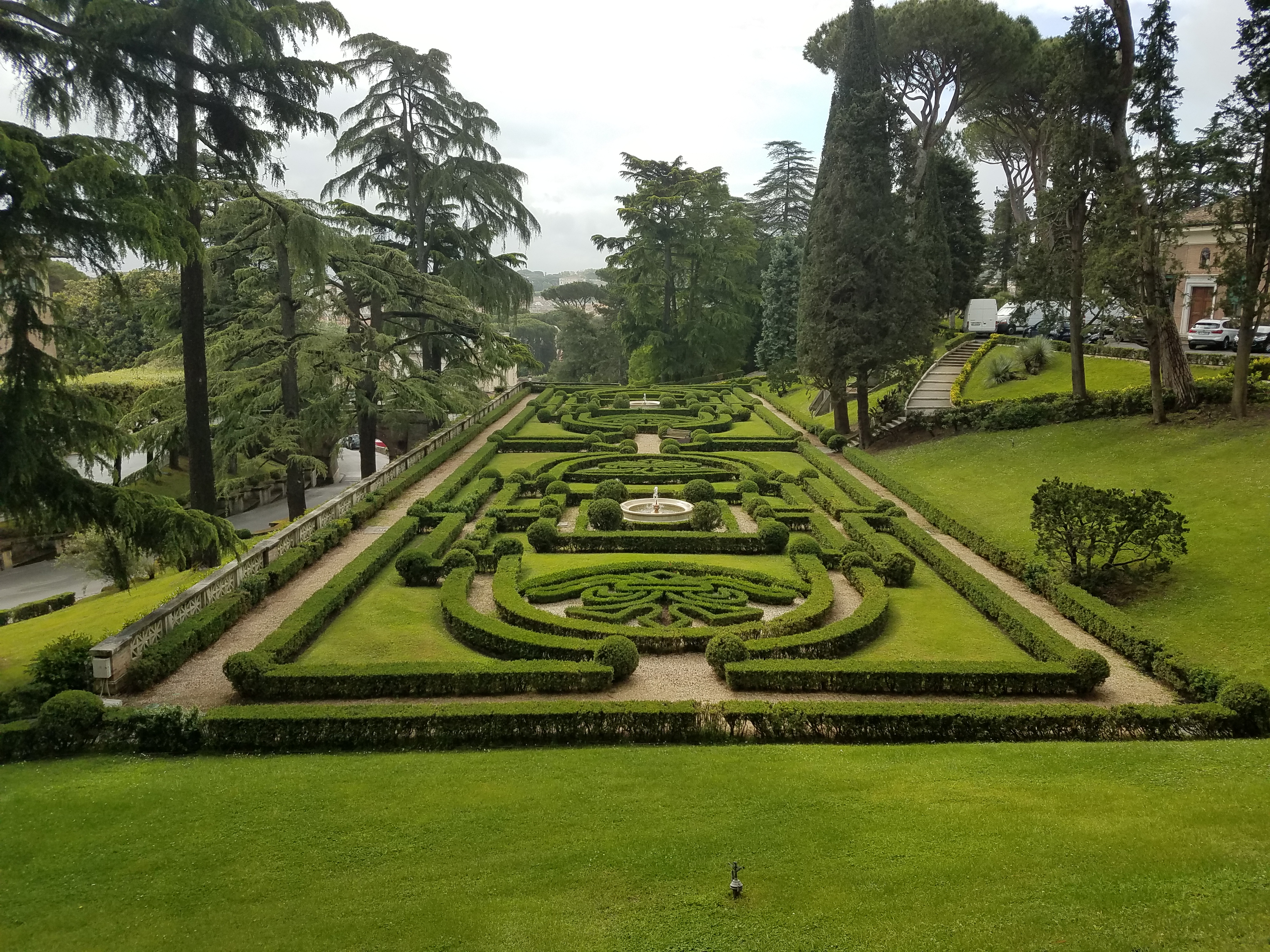


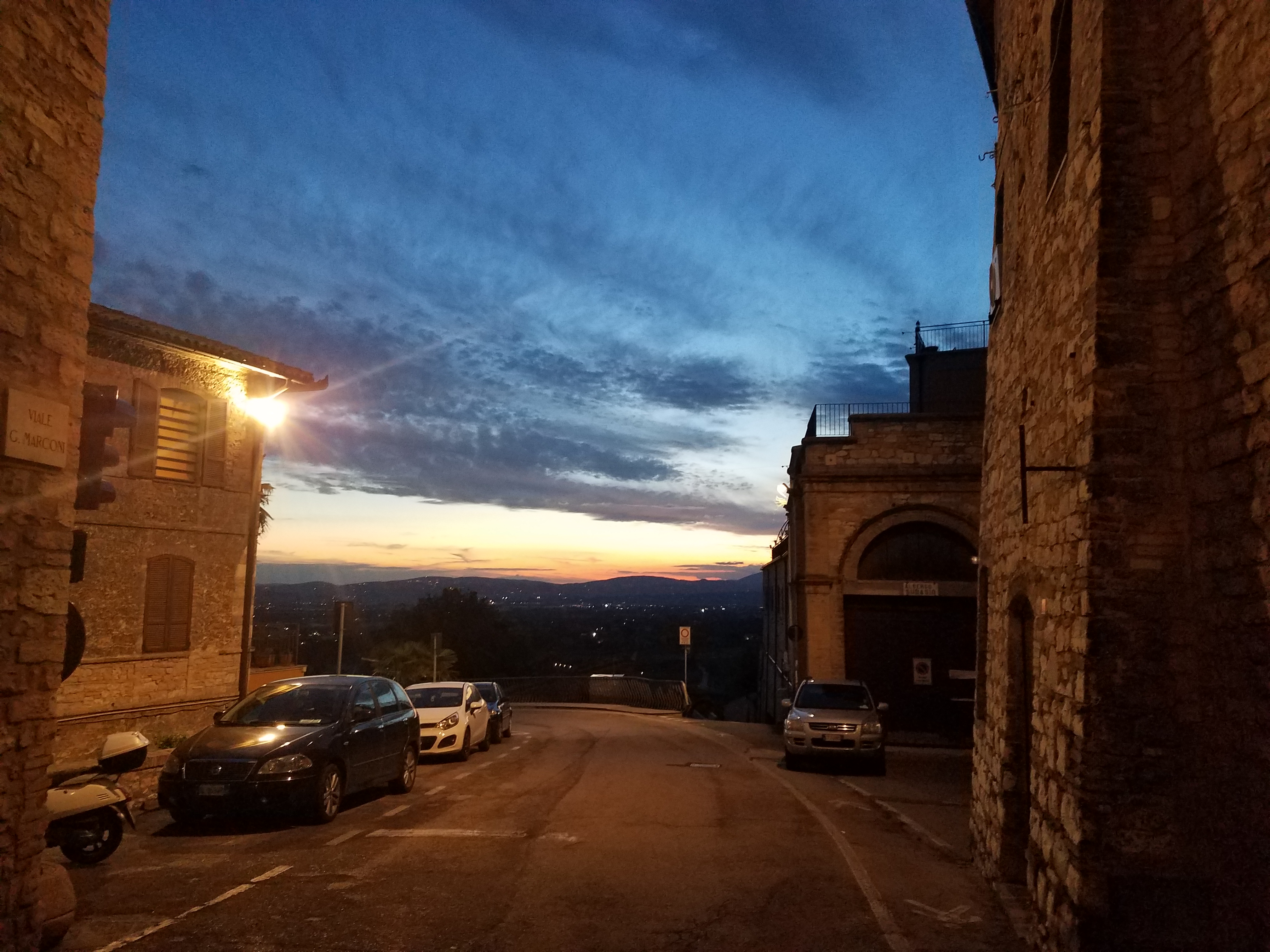

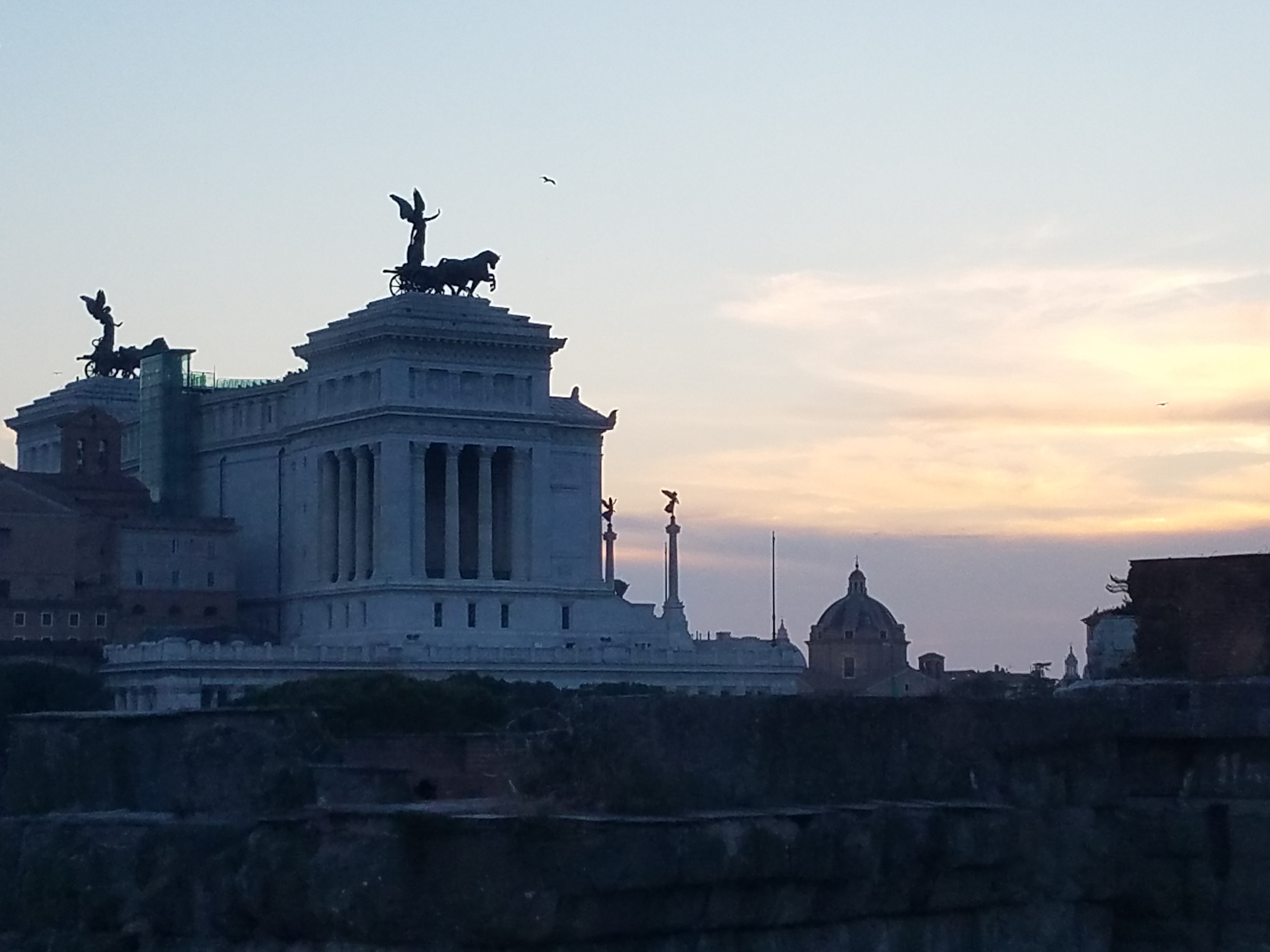

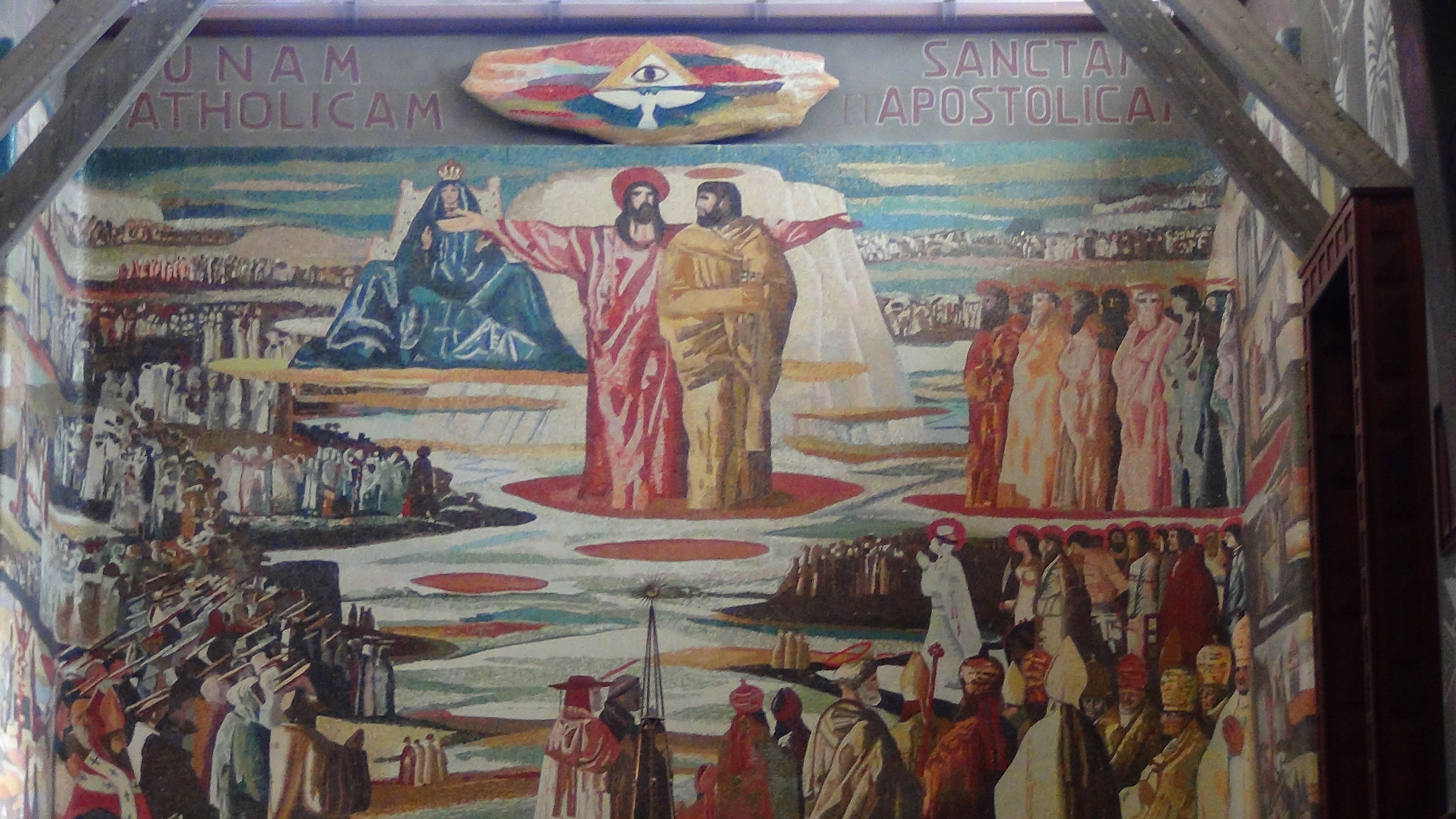



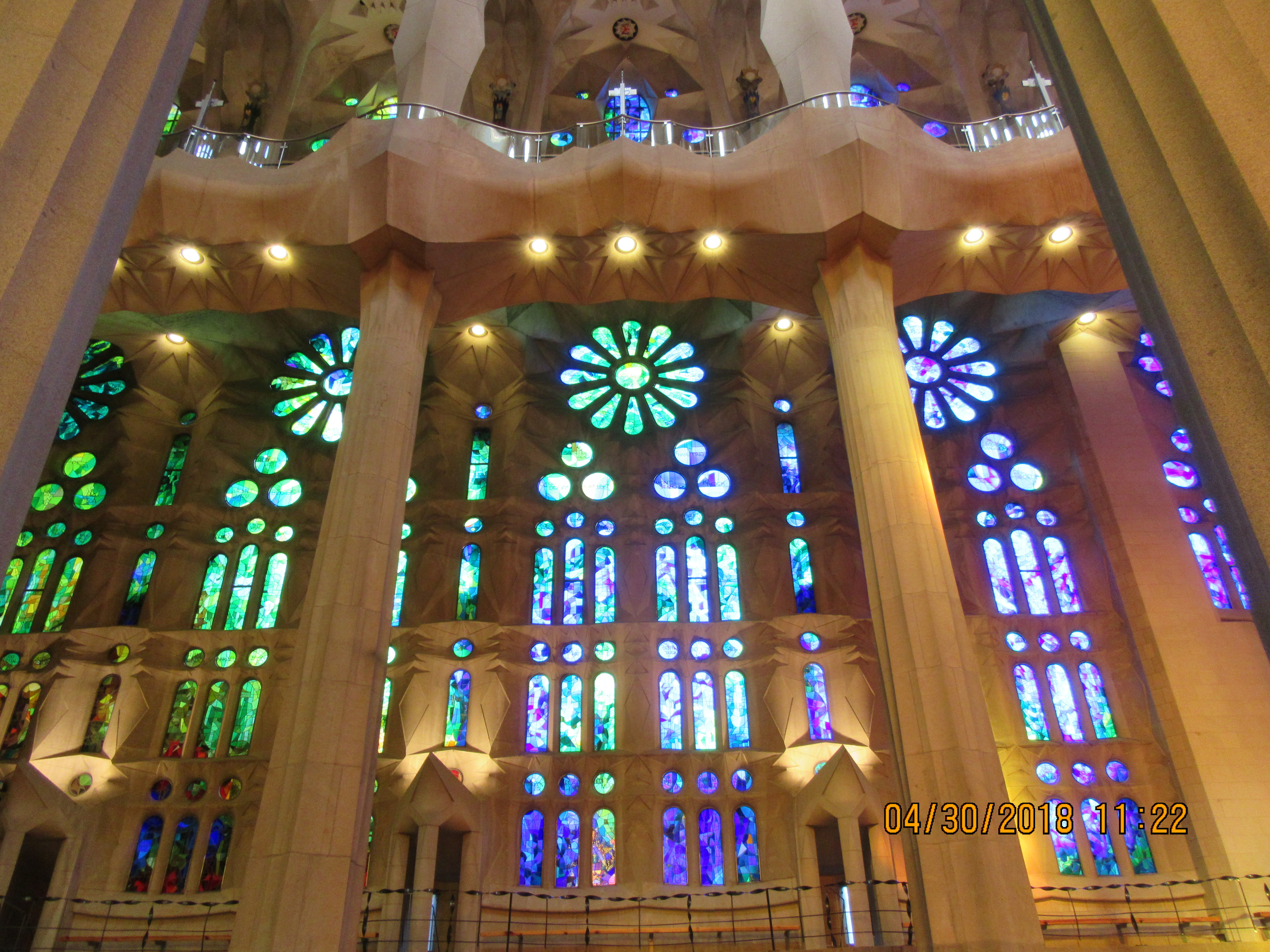

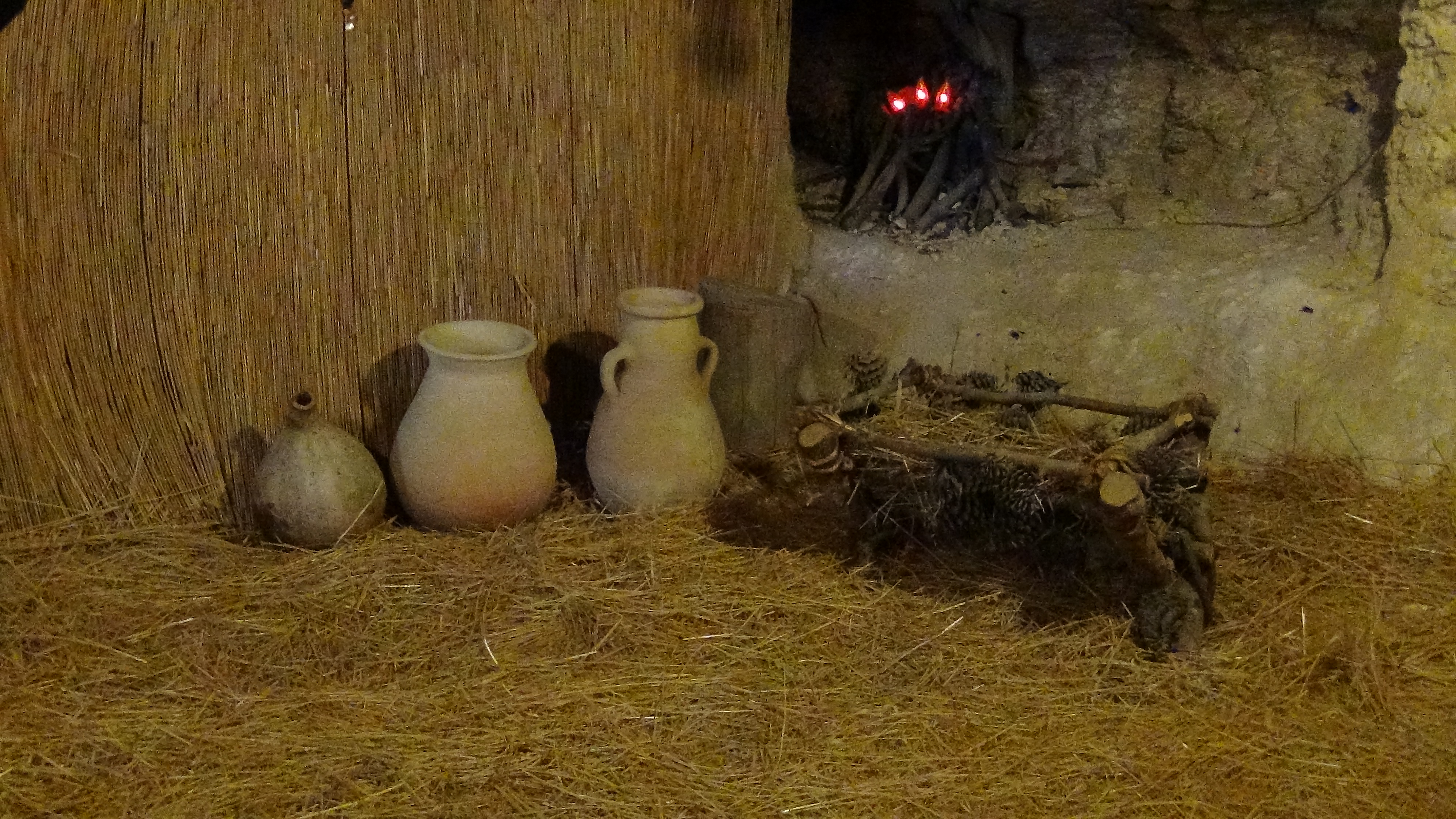

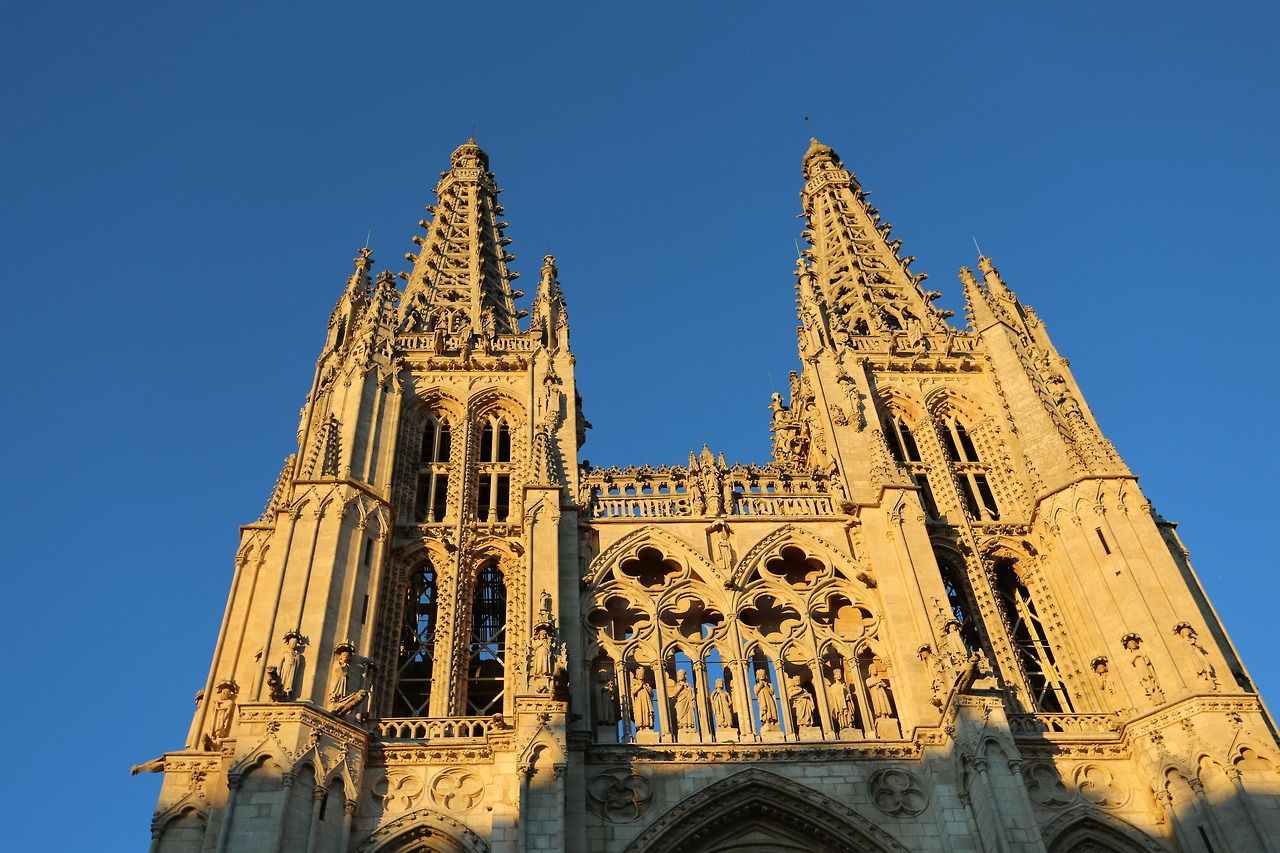





Recent Comments